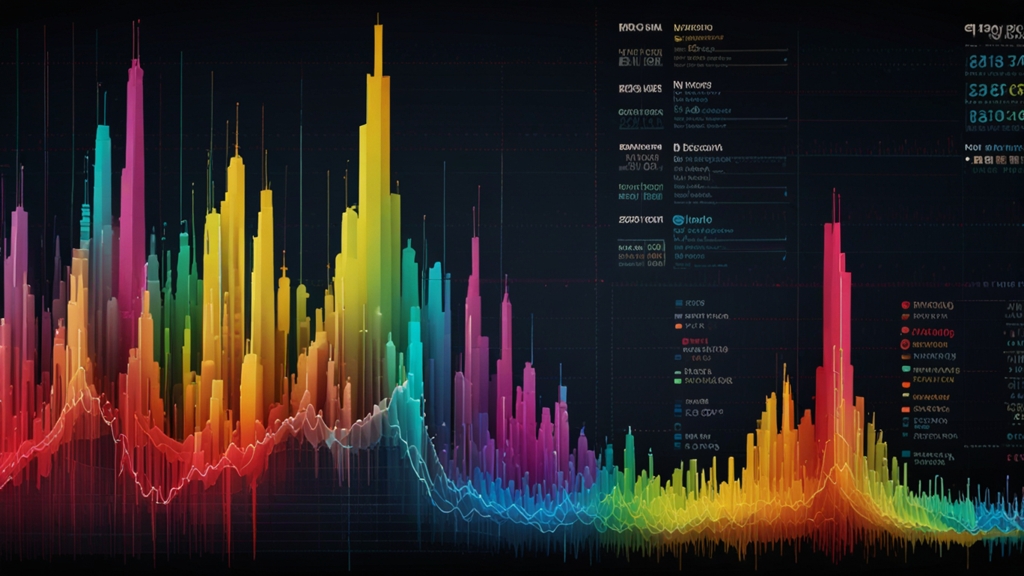Cloak and Dagger: The Secret Lives of Your Online Profiles
In the digital age, your online profile is much more than just a collection of personal information; it’s a detailed dossier that can reveal intricate aspects of your life. While most people are aware that their social media accounts are watched by friends and family, many underestimate the level of scrutiny they fall under from external entities. Let’s take a journey through the secret lives of your online profiles and understand what data is collected, who collects it, and the potential consequences.
The Omnipresent Data Collectors
Your online presence is diligently monitored by various parties, including social media platforms, advertisers, and even cybercriminals. Social media sites like Facebook, Instagram, and LinkedIn collect copious amounts of data to personalize your experience. While this may sound benign, the information gathered can paint an enormously vivid picture of your habits, preferences, and even your mental state.
Advertisers, on the other hand, are primarily interested in using this data to target you with precision. By analyzing your online activities, they tailor ads that are more likely to catch your attention and convert into sales. However, this goes beyond just showing you products you might like; it also involves sophisticated algorithms that can predict your behavior to a startling degree.
"Every move you make online is a data point. When combined, these data points create an astonishingly accurate profile of who you are."
Unseen Consequences
Understanding who collects your data and for what purpose is just one part of the equation. The real concern lies in the potential misuse of this information. For instance, employers often scrutinize social media profiles to vet potential hires, and insurance companies may assess your online activity to calculate risk premiums. An innocuous post could thus have far-reaching implications on your career and finances.
Cybersecurity is another crucial concern. Cybercriminals can exploit the personal information you share online to commit identity theft, fraud, or even blackmail. Despite the encryption and security protocols many platforms use, there is always a level of risk involved in sharing personal information online.
Protecting Your Digital Persona
While the situation might seem dire, there are ways to protect your online profile from prying eyes. Here are a few effective strategies:
1. Privacy Settings
Regularly review and update your privacy settings on all your social media accounts. Ensure that you're only sharing information with people you trust.
2. Limit Sharing
Be selective about what you post. The less personal information you share online, the less data there is for others to mine.
3. Use Strong Passwords
Strong, unique passwords for each of your accounts can make it harder for cybercriminals to gain access to your profiles. Consider using a password manager to keep track of them.
4. Two-Factor Authentication
Enable two-factor authentication (2FA) where available. This adds an extra layer of security by requiring not just a password but also a second form of identification.
"Online privacy is not about hiding information, but about controlling who you share it with."
The Future of Data Privacy
The conversation around data privacy is gaining momentum, and both users and lawmakers are becoming increasingly aware of the need for stringent data protection laws. However, the onus still remains on individuals to be vigilant about their online activities. With technology evolving rapidly, new challenges in data privacy are likely to emerge, requiring constant adaptation and awareness.
In conclusion, the secret lives of your online profiles are complex and multifaceted. By understanding who is collecting your data and why, and by taking proactive steps to protect your information, you can navigate the digital world more securely. So, the next time you log in to your social media account, remember that there’s more than meets the eye beneath that digital surface.







